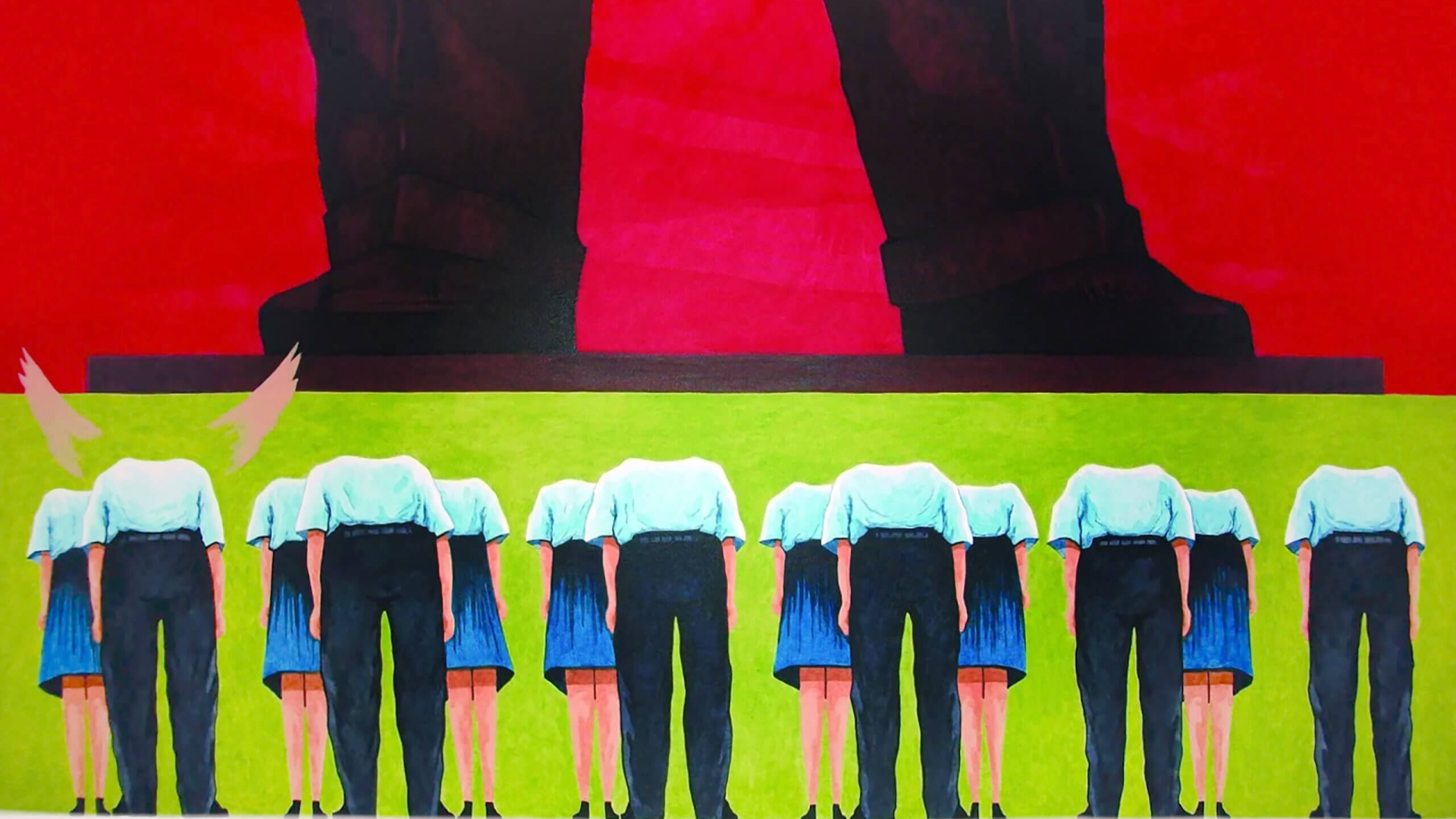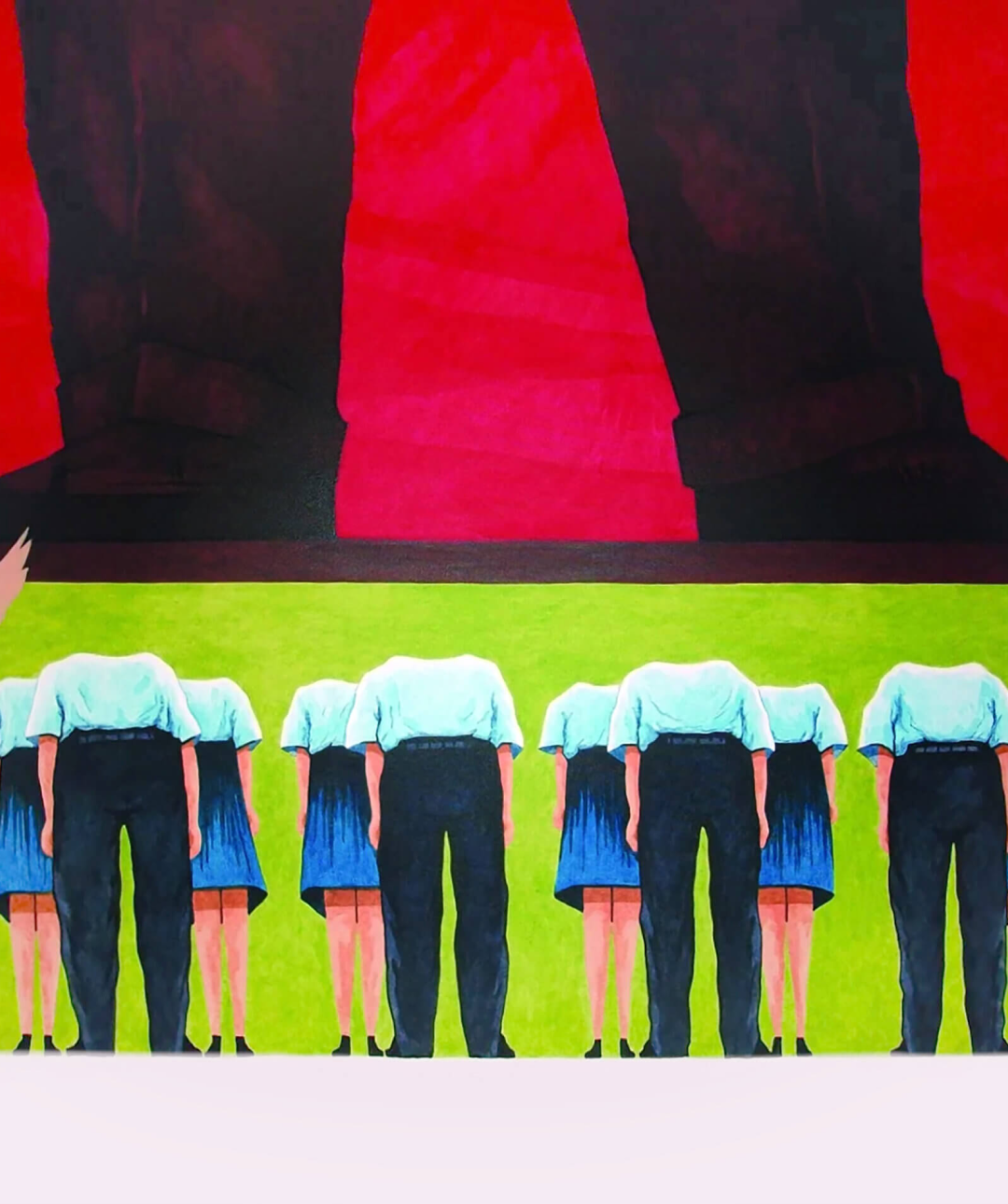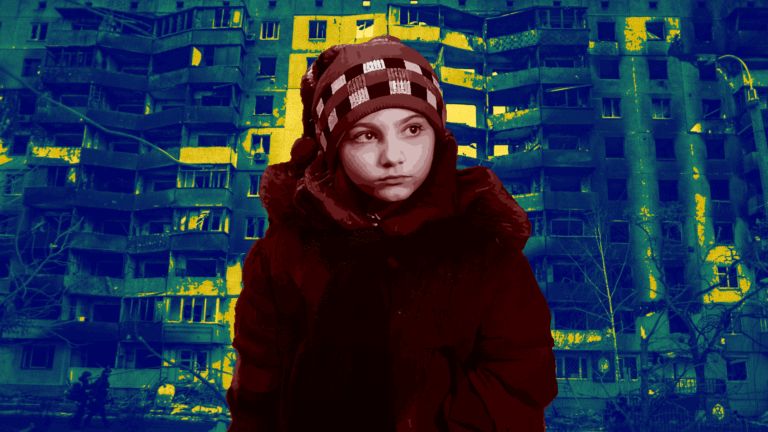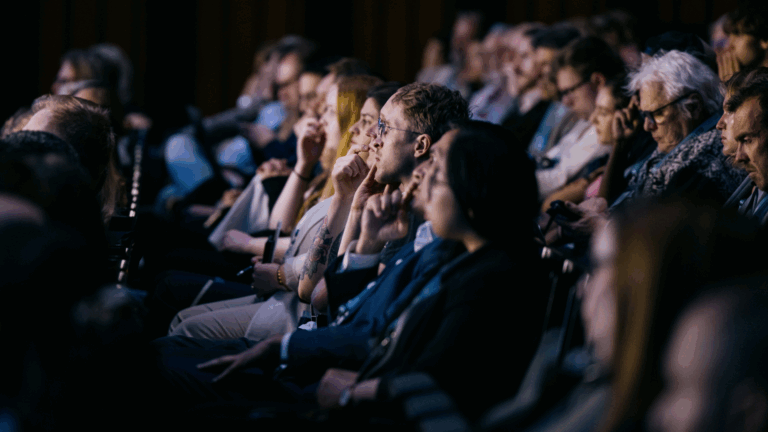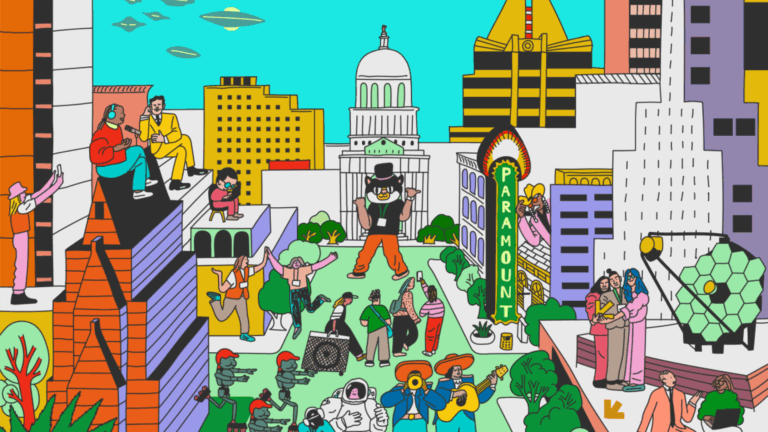Twenty years ago, in a Venezuelan hospital waiting room, Thor Halvorssen anxiously awaited news while his mother, Hilda Denham, underwent surgery. She had been shot by a member of Hugo Chavez’s security forces.
It was in that hospital that Thor first had the idea of creating a new human rights organization, one that would not be politicized, one that would not engage in the sorts of political bias that were so obvious in the treatment of, for example, Venezuela by the world’s academy and NGO elite. It took many years for the two globally known human rights groups to acknowledge, let alone do something significant, about Venezuela’s gradual, sustained, and preventable slide into authoritarianism (it actually took four additional years after Hilda Denham’s shooting for them to even call Venezuela a “dictatorship”).
The Human Rights Foundation (HRF) was established to provide a principled, unpoliticized perspective in the field of human rights — a perspective once cherished but now often lost — addressing inconsistencies and biases present in existing organizations. With $15,000 from an elder donor in Pennsylvania, a board of advisors made up mostly of former political prisoners who survived fascist and communist regimes, a one-window office on the 8th floor of the Empire State Building, and a mission statement that spoke with no moral ambiguity, we saw a void and got to work, initially focusing on Latin America, which we saw as fertile ground for an upsurge of authoritarianism.
Since the fall of 2005, HRF has led creative campaigns and innovative advocacy efforts with a strategic focus on countries ruled by autocrats. Thanks to the generosity of our supporters and donors, we expanded our efforts, and our focus went from Latin America to a global approach on tyrannies. Our research overwhelmingly shows that authoritarianism is the largest obstacle not just to political freedom but to the realization of every other basic individual right and societal aspiration. Unfortunately, today, 5.7 billion people — 72% of the world — live under the rule of a hybrid regime or fully authoritarian state.
In 2023, as you will read in our report, we used international legal avenues, sound research methods, artistic and cultural platforms, and new technologies to expose the world’s worst tyrants, shift public attitudes, and directly support those on the frontlines of the struggle for freedom and democracy. This past year, we celebrated the release from prison of two community members, the Nicaraguan democracy activist Félix Maradiaga and the real-life “Hotel Rwanda” hero Paul Rusesabagina.
Through unique investigations, op-eds in top news outlets, and well-publicized reports, we shed light on global atrocities like Vladimir Putin’s war in Ukraine and the use of Uyghur forced labor in the fashion industry. We took cases to the United Nations and other international judicial and semi-judicial bodies and won all ruled-upon cases we have filed. We provided essential funding to software developers, human rights defenders, and educators in closed societies. We helped produce the award-winning documentary “Beyond Utopia,” which follows the harrowing journeys of several North Korean defectors and is nominated for a British Academy Award (BAFTA). In addition, we held the 15th annual Oslo Freedom Forum and satellite events in both New York and Taiwan.
As dictators grow more empowered, expanding and deepening their global influence, HRF’s work is more critical than ever — activists need to know they are not alone. HRF is enormously grateful for the generosity of its donors. With ongoing support, we can build upon our achievements in 2024 and, ultimately, realize our vision of a more peaceful, prosperous, and freer world.
Sincerely,



